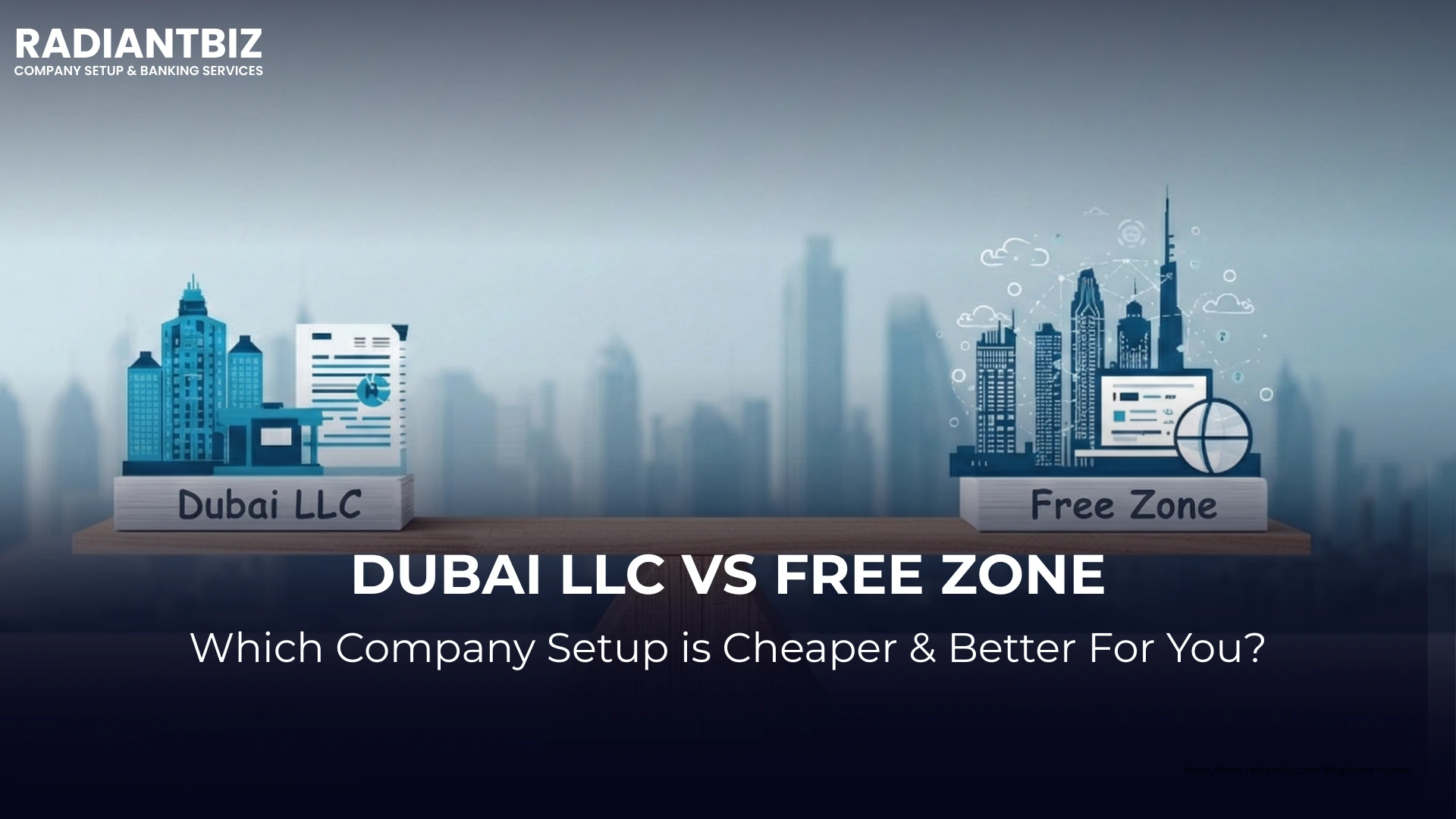How to Choose a Business Name for Your Company


Table of Contents
The daunting task of naming your company can be challenging especially when you have planned to start a business. Even though experts will have you believe that there are a certain set of rules that you must follow while conventionally naming your company. But know that many professionals and big businesses go beyond the rules when it comes to naming their companies. But when you’re just starting out it is wise for you to take creative expression, strategic thought and technological factors into account. This article is designed for you to get some insights into naming your company or brand in 2023.Following are the factors that you should consider while naming your company.
Be Strategic
It is advised to write a name brief that outlines the strategic goals of your business, product, or service before you start the naming process. This summary, whether official or informal, should contain a precise description of what is being called, the desired meaning and feelings to be expressed, a thorough knowledge of your target market, and knowledge of your rivals. You can make sure that your brand name fits with your entire company plan and has resonance in the cultural and competitive landscape by combining these components.When assessing potential names against your naming brief, consider the following questions:
- Meaningfulness: Does the name effectively convey the intended message and evoke the desired emotions? For example, Tesla aptly suggests electricity and technical expertise.
- Adaptability: Is the name flexible enough to accommodate future changes and expansions within your brand? Contrastingly, Pizza Hut and RadioShack face challenges in explaining their offerings beyond pizzas and radios, respectively. Conversely, Kodak has successfully transitioned from film to scanners, advanced materials, and chemicals.
- Distinctiveness: Will the name stand out amidst your competitors? Notably, when Apple was introduced, other computer companies had names like Commodore, Microsoft, and IBM. The simplicity of “Apple” differentiated it from the rest and resonated with customers far better than other considered names, such as Executex and Matrix Computers.
Be Creative
Creativity plays a crucial role in crafting an effective business or product name. Creative names tend to be unexpected, catchy, and capable of generating buzz. Although assessing creativity is subjective, it is helpful to break down this aspect into manageable questions:
- Memorability: Does the name capture attention and leave a lasting impression? This can be achieved through distinctiveness, brevity, emotional resonance, or unique structural features. BlackBerry, for instance, was memorable due to its distinctiveness, relation to the physical attributes of the product, and alliterative sound.
- Phonetic Appeal: Does the name sound pleasing and fun to say? Consider the example of Toca Boca, a company that deliberately chose a name that is enjoyable and easily pronounceable in multiple countries.
- Visual Aesthetics: Does the name have an appealing visual presence when written out? An intriguing example is Vaio, an abbreviation for “Visual Audio Intelligent Organizer.” The logo cleverly combines elements representing analog and digital technologies, resulting in a visually stimulating representation.
Be Technical
Navigating the technical aspects of brand naming is crucial to ensure viability, legal compliance, and avoid linguistic, spelling, or pronunciation issues. To mitigate potential risks, it is essential to pre-screen names through a thorough evaluation process. Ask yourself the following questions before finalising a name:
- Legal Availability: Is the name likely to result in legal challenges? Although the answer is rarely straightforward, preliminary trademark checks can help identify potential conflicts. The brand Poachable, for instance, had to change its name to avoid legal issues with similarly named brands.
- Linguistic Viability: Does the name avoid inappropriate meanings or associations in relevant languages? Consider the example of Clairol, which inadvertently marketed a curling iron called “Mist Stick” in Germany, where “mist” is slang for “manure.”
- Ease of Spelling and Pronunciation: Will the name minimise confusion or mispronunciation? This aspect is particularly relevant in domains like Silicon Valley, where some brands’ unconventional names lead to difficulties in spelling or pronunciation. Prioritise a high-quality name over the exact match of a domain name.
While the aforementioned qualities are not strict requirements for successful brand names, they provide valuable guidelines to create or evaluate potential names. These aspects often intersect, as distinctive names tend to be memorable, aesthetically pleasing names are visually appealing, and adaptable names are often devoid of specific meaning. Ultimately, the key to crafting a strong brand name in 2023 lies in balancing strategic, creative, and technical considerations. By thoughtfully examining these three dimensions, you can pave the way for a compelling and impactful business or brand name.



2.png)




.avif)